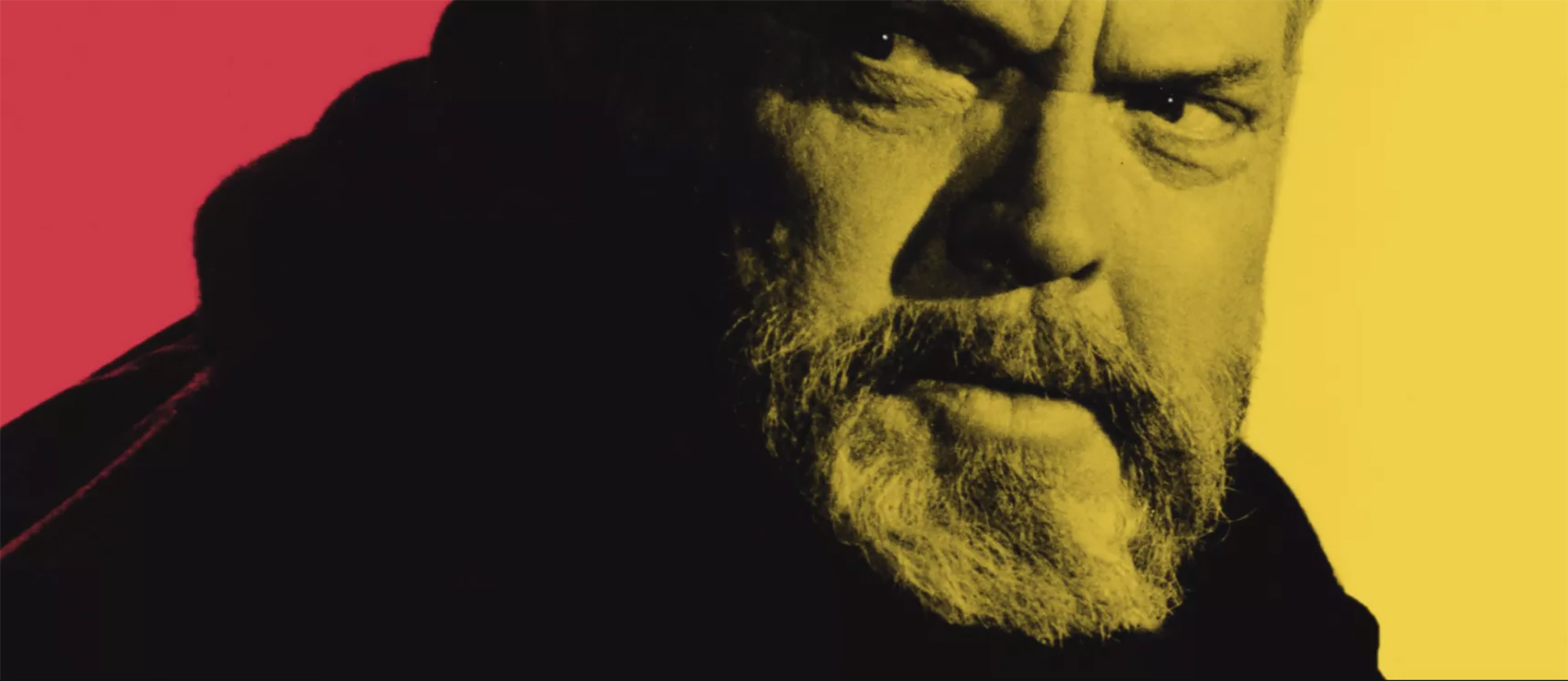
The Eyes of Orson Welles is the ultimate fan letter
Written by: Bianca Garner, CC2K Staff Writer
Who was Orson Welles? According to Wikipedia: George Orson Welles was an American actor, director, writer, and producer who worked not only in film, but also theater and radio. In reality Welles achieved much more than that. While he amassed a list of prolific work in the entertainment industry he was also a husband and father, a social rights activist, and an artist.
In the fascinating documentary The Eyes of Orson Welles, filmmaker Mark Cousins profiles the man who was Orson Welles by examining his body of drawings and painting. The extent of Welles’ art work is tragically under-examined and remains a mystery to the most educated film students. Cousins removes the lid of a storage box and carefully looks over Welles’ sketches and makes for a truly gripping film. We are privileged to see drawings that have been unseen for years, perhaps even decades, and this is our opportunity to try to understand the man who changed the shape of filmmaking.
It’s hard to imagine a world without Orson Welles, there’s no denying that he changed the landscape of cinema with one film alone, Citizen Kane. There is a reason why it is the greatest film ever made. People probably overlook it and dismiss it as a cold film, but Cousin reveals that it was a personal film to Welles. There are very warm moments in Kane, that reveal Welles love and admiration for the ‘common people’ and his love for his mother, who we discover was a very political woman who had a huge impact on Orson’s life.
Welles painted and drew frequently from his teen years to his old age. He would use whatever he could get his hands on, whether this was charcoal, pencil and paint. His sketches were of set design, movie storyboards, sketches of faces, and just visions. Whatever came to his mind, Orson Welles would draw. It was like his form of therapy. Cousins makes a convincing case that his movies were an extension of his genius. This is a truly insightful look into the process of creating art, and a celebration of the artist. The paintings, drawings and sketches we see are an array of colours, and shapes, but this is not a complete collection as we find out Orson destroyed many sketches in his youth.

Cousins shows sketches for a Julius Caesar project and footage of Welles’ film adaptation of The Trial. We see how Welles’ mind works and how he often reused imagery sketched years before. We discover more about Welles’ troubled romantic life, however this was slightly rushed although it’s understandable why due to the limitations of a film’s runtime. One has to wonder whether Cousins bit off more than he could chew, and perhaps this would have been better suited to a TV series. The documentary leaves me eager to read up on Orson Welles and his life, which is a good sign.
I was delighted to discover how Welles was a warrior for social justice. I was moved to tears as we are shown footage of Welles discussing how a young African-American solider was beaten by a police officer. You clearly see the rage in Welles’ stern, serious eyes. I wonder what Orson would have made of today’s culture, and what he would have made of a very Kane-like character in the White House. At the start of the documentary, Cousins ponders the same question. There is no denying Welles was vocal about fascism, addressing it in his theater production of Julius Caesar and, of course, in Citizen Kane.

With Cousins’ soft sounding and calm voice, we are taken on a journey that spans several countries, from the likes of Ireland to Morocco as we follow Welles’ footsteps. There’s something oddly charming about how Cousins addresses Welles’ in a very direct manner. Some may find this annoying and an example of obvious gushing on Cousins’ part. I found it to be from the heart; Cousins isn’t ashamed of showing us his admiration and respect for Welles. We all have our heroes, and if we ever got the chance to make a film about them and the impact they had on our lives I am sure many of us would act in the same manner. This is the ultimate fan letter.
